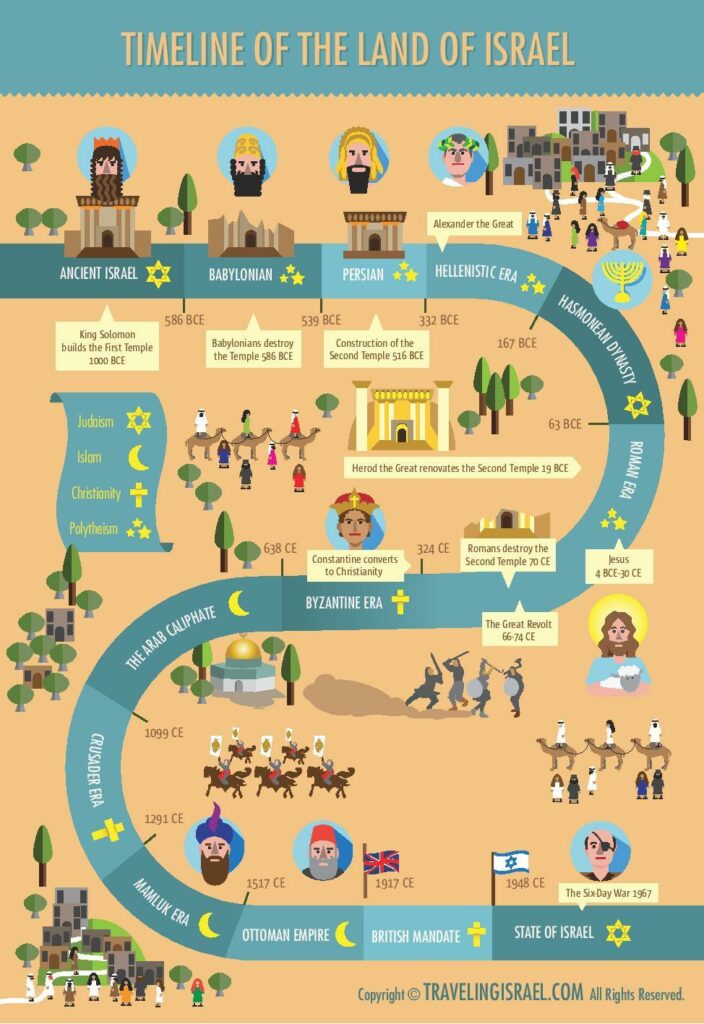Within the intricate web of Israel’s history lies a dark chapter filled with targeted killings. From covert operations to high-profile assassinations, the Israeli government has a long and controversial track record of eliminating perceived threats through violence. In this article, we will delve into some of the most notorious instances of targeted killings in Israel’s past, shedding light on the tactics, motivations, and repercussions of these highly contentious actions.
The Evolution of Targeted Killings in Israel
The history of targeted killings in Israel dates back many years, with the practice being used as a strategic tool in the country’s fight against terrorism. Over the years, Israel has employed various tactics to eliminate high-profile targets, including militants, leaders of terrorist organizations, and other individuals deemed to pose a threat to national security.
One such example is the targeted killing of Hamas leader Sheikh Ahmed Yassin in 2004. Yassin, a founder and spiritual leader of the Palestinian militant group, was killed in an airstrike in Gaza City. This operation, carried out by the Israeli military, sparked controversy and debate both within Israel and internationally, with some condemning the action as an extrajudicial assassination. Despite the backlash, Israel has continued to utilize targeted killings as a means of combating terrorism.
Controversies Surrounding Israels Targeted Killing Operations
Israel’s targeted killing operations have sparked numerous controversies over the years, with critics arguing that such actions violate international law and human rights. Despite the criticism, Israel has a long history of carrying out targeted killings as a means of combating terrorism and protecting its citizens. Here are some notable instances of targeted killings by Israel:
- Operation Wrath of God: In the aftermath of the 1972 Munich Olympics massacre, Israel launched a covert operation to eliminate those responsible for the terrorist attack.
- Assassination of Yehiya Ayash: Known as “The Engineer,” Ayash was a prominent Hamas bomb-maker targeted and killed by Israel in 1996.
- Elimination of Abu Jihad: In 1988, Israel conducted a targeted killing of Abu Jihad, a senior PLO leader, in his home in Tunisia.
These targeted killings have been a source of ongoing debate and controversy, with some arguing that they are necessary for national security, while others condemn them as extrajudicial executions. The legality and effectiveness of Israel’s targeted killing operations continue to be hotly contested topics in the international community.
International Perspectives on Israels Use of Targeted Killings
Israeli targeted killings have been a controversial tactic used by the Israeli government for years. This strategy involves identifying and eliminating individuals deemed to be a threat to Israel’s national security. These operations are often carried out by elite units such as the Mossad or the IDF.
One of the most famous targeted killings in Israel’s history was the operation to capture or kill Adolf Eichmann, a Nazi war criminal responsible for orchestrating the Holocaust. Another notable example is the assassination of Hamas leader Sheikh Ahmed Yassin in 2004, which sparked international condemnation. Despite the criticism, Israel continues to defend targeted killings as a necessary measure to protect its citizens from terrorist threats.
Strategies for Preventing Extrajudicial Killings in Israel
Implementing Transparency Measures: One key strategy for preventing extrajudicial killings in Israel is to ensure transparency in all operations carried out by the government and military. By requiring detailed reports on targeted killings and providing justification for each operation, there can be greater accountability and oversight.
Strengthening Legal Frameworks: Another important step is to strengthen the legal frameworks surrounding targeted killings. This includes ensuring that all operations comply with international humanitarian law and human rights standards. By holding individuals accountable for any breaches of these laws, there can be a deterrent effect on future extrajudicial killings.
Concluding Remarks
As we delve into the complex history of targeted killings in Israel, it becomes clear that this practice is deeply ingrained in the country’s security strategy. From high-profile incidents to controversial operations, the use of targeted killings continues to spark debate and raise ethical questions. While some see it as a necessary tool in combating terrorism, others argue that it violates human rights and undermines the prospects for peace. Regardless of where you stand on the issue, one thing is certain: the legacy of targeted killings in Israel is a complicated and contentious one that will continue to shape the country’s security policies for years to come.


